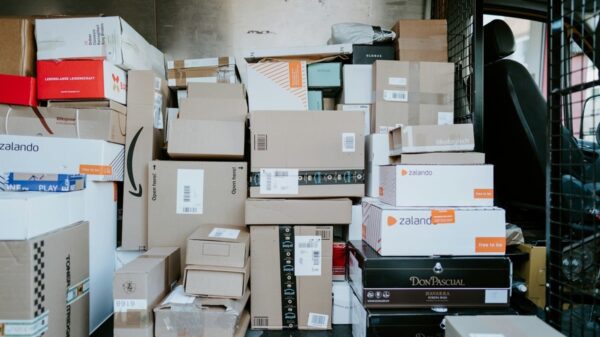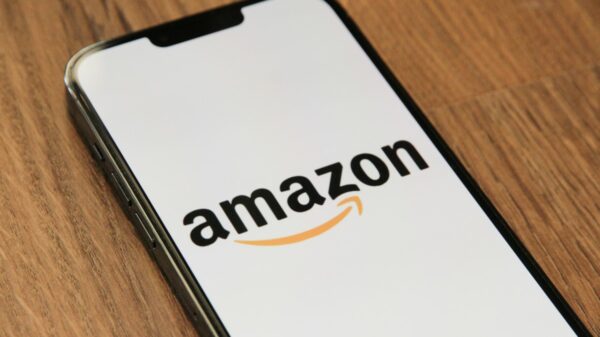UPDATE: In a dramatic legal showdown, Apple Inc. has filed a lawsuit against the European Union over its controversial Digital Markets Act (DMA), arguing that it stifles innovation and infringes on the rights of tech companies. The case, lodged at the EU’s General Court in Luxembourg, marks a significant escalation in Apple’s battle against regulatory pressures in Europe.
Apple’s legal team contends that the DMA’s mandates for app store openness and interoperability could compromise user privacy and security. During the hearing, lawyers described the law as imposing “hugely onerous and intrusive burdens” that could expose iPhone users to malware and data breaches. The stakes are high: if successful, Apple could reshape the future of tech regulation across the globe.
The DMA, fully effective since March 2024, categorizes companies like Apple as “gatekeepers,” requiring them to allow third-party app stores and sideloading. Apple has already made some concessions, such as introducing alternative payment systems in the EU, but the company argues these changes compromise the seamless user experience that its ecosystem is renowned for.
Industry experts are closely watching this case, which shifts Apple’s strategy from compliance to outright confrontation.
“The DMA forces unnecessary fragmentation of our iOS operating system, stifling technological advancements,”
Apple’s representatives stated. They cited delayed features, including enhanced Siri capabilities, as collateral damage from what they view as regulatory overreach.
This legal action comes on the heels of a €1.8 billion fine imposed on Apple earlier this year for practices deemed anticompetitive under the DMA. The implications of this lawsuit extend beyond Apple; a favorable ruling could set a precedent for other tech giants like Google and Meta, who are also grappling with similar gatekeeper designations.
Legal analysts suggest that if the court rules in Apple’s favor, it could weaken the DMA’s enforcement, prompting a reevaluation of how antitrust laws govern digital ecosystems. Conversely, a loss could lead Apple to further open its platforms, increasing competition but also potentially jeopardizing its revenue streams from the iOS ecosystem.
As this high-stakes legal battle unfolds, Apple has hinted at the possibility of halting shipments to the EU if compliance becomes too burdensome. This underscores the intense pressure both companies and regulators face as they navigate the balance between fostering competition and protecting proprietary innovations.
The resolution of this case is expected in the coming months, and its outcome could redefine how tech firms approach regulatory challenges worldwide. With Apple taking a proactive legal stance, the industry is on alert for potential ripple effects that may fundamentally alter the tech landscape.
Stay tuned for updates as this developing story continues to unfold.







































































